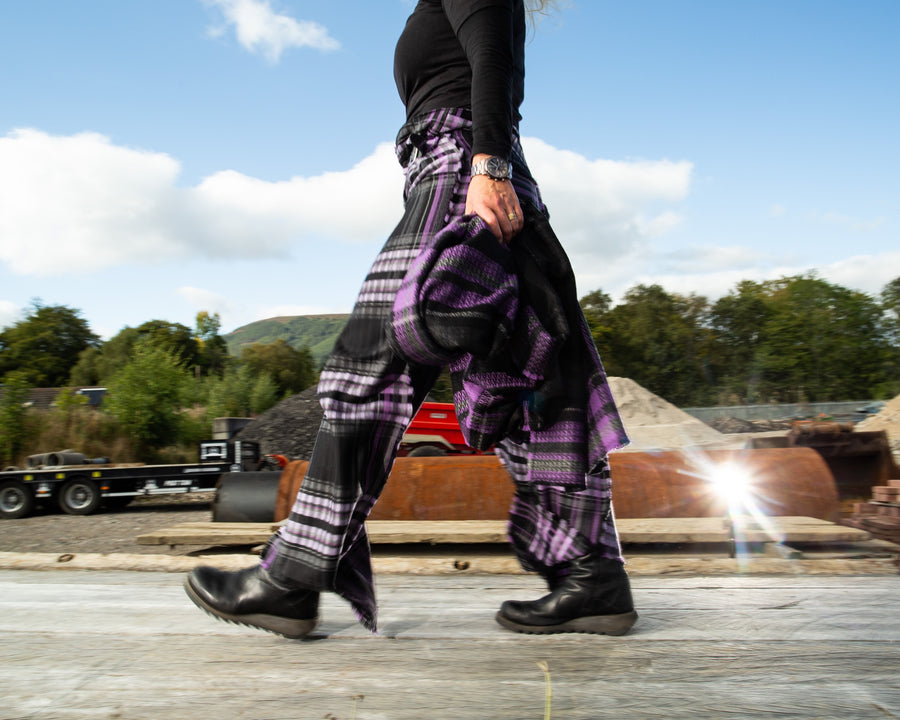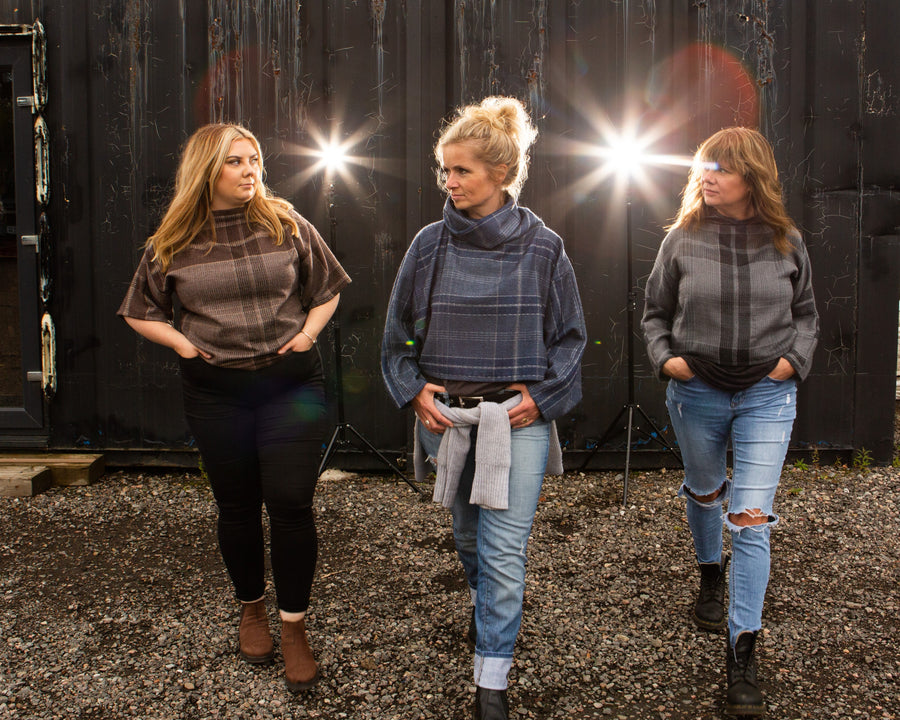Crude Oil: The hottest trend this season

It’s no secret that big oil companies are colossally responsible for global pollution. We think of the intense drilling into the Earth… the giant spills in the oceans… but do we think of textiles and fashion? Usually not. But the hard truth is…
There is oil in your clothing.
This is because of polyester, which is produced via a chemical reaction involving coal, petroleum (from crude oil), air and water.
Scary right? What’s worse is that polyester is the most widely used fiber for clothing, having superseded cotton back in 2002. Found in almost two thirds of garments consumed by the global West… it’s a staple in pretty much every wardrobe.
Meaning that we are all walking around with fossil fuels wrapped around our bodies.
Other big players in the synthetic fiber gang alongside polyester are
- Nylon - made from carbon chemicals
- Acrylic - plastic made of petroleum, natural gas and even coal
- Elastane - made of polyurethane, a polymer produced by a chemical reaction between polyester and a diisocyanate
Developed over the last century – to perpetuate the industrial revolution - big investments have been poured into development of these manmade fabrics to achieve a ‘better performance’ than natural fibers.
But this is a matter of perspective and context. These synthetic materials are only ‘better’ when profit and convenience are the defining factors because they’re made into cheap fabrics for brands to continuously churn out low-cost garments – in as many colours as possible.
As an oil-based plastic, polyester does not biodegrade like natural fibers (wool, linen, hemp). Rather it stays in landfill for time between tens and hundreds of years. So, we are extracting oil… embedding it into garments which sit directly on our skin… then throwing them away to sit uselessly for centuries. This does NOT make sense.
We are spreading this information because it is not fair that people don’t know what’s in their clothes so when they see that top advertised online, the destruction is not clear. Perhaps if they knew they would be disgusted at the thought of purchasing it.
Thus, we must keep spreading the reality to change perceptions so that more consumers will see that the devastating oil spills are not just in the ocean, but in the shops and on their bodies too.
Love Clare and the team
x
















Share Your Thoughts